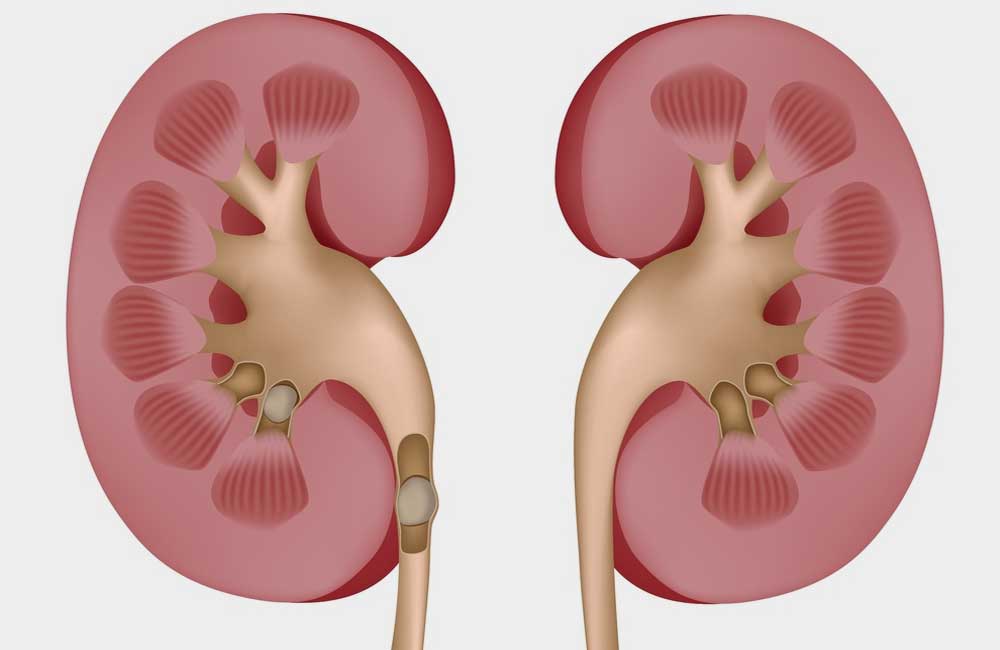
Our kidney's prime work is to remove wastes and extra fluids from the blood to produce urine. When your kidneys cannot remove enough wastes from the blood, waste components starts to pile up and form a crystal in your kidney. The size of kidney stones can be as tiny as a sand grain and also can be as large as a golf ball. The symptoms, diagnosis, and treatment of kidney stones are well explained below for you.
Kidney stones symptoms
The symptoms of kidney stones begin to appear only when the stone starts to go down the ureters. Kidney stones may cause severe pain in one side of your back or abdomen area. Thai kidney stone pain is called renal colic. Some symptoms of kidney stones are:
However, in the case of any small kidney stones, you may not feel any pain and it might pass through the urine.
Diagnosing of kidney stones
To diagnose a kidney stone, your doctor may go through a complete health history analysis and physical exam. Tests to diagnosing of kidney stones may include:
Treatment of kidney stones
The treatment of kidney stones depends on various factors including the size of the kidney stones, what it is made up of, if the stone is causing pain, and whether the stone is blocking your urinary tract. Your doctor will run different tests to find out more information about your kidney stones. All these factors will help your doctor to understand what treatment will be suitable for you.
You can also take some measurements to prevent future kidney stones. The perfect way to prevent kidney stones is to drink more water, this can help to pass small kidney stones through your urine. Limiting the daily consumption of sodium and animal protein will also be beneficial to prevent kidney stones.